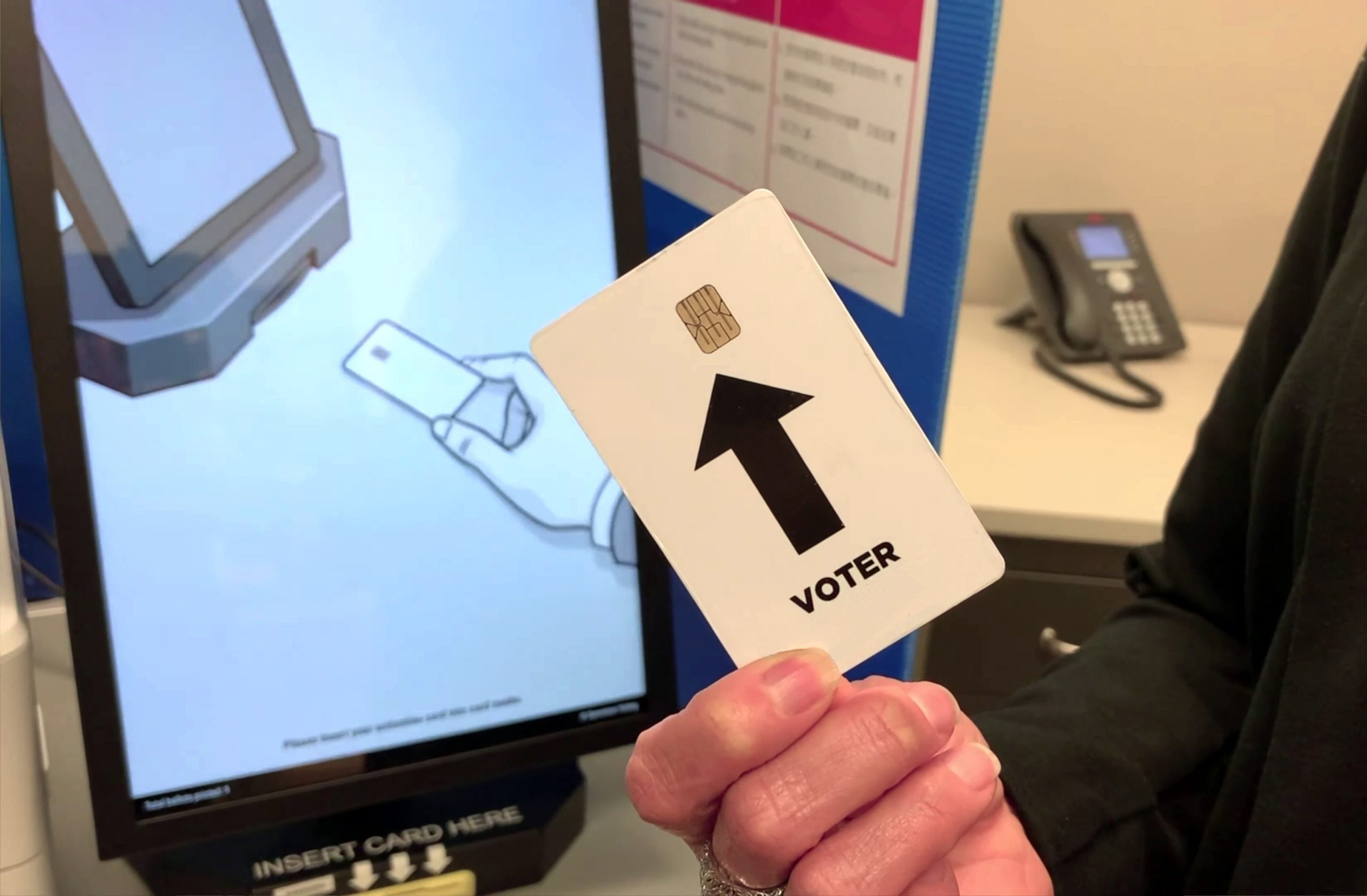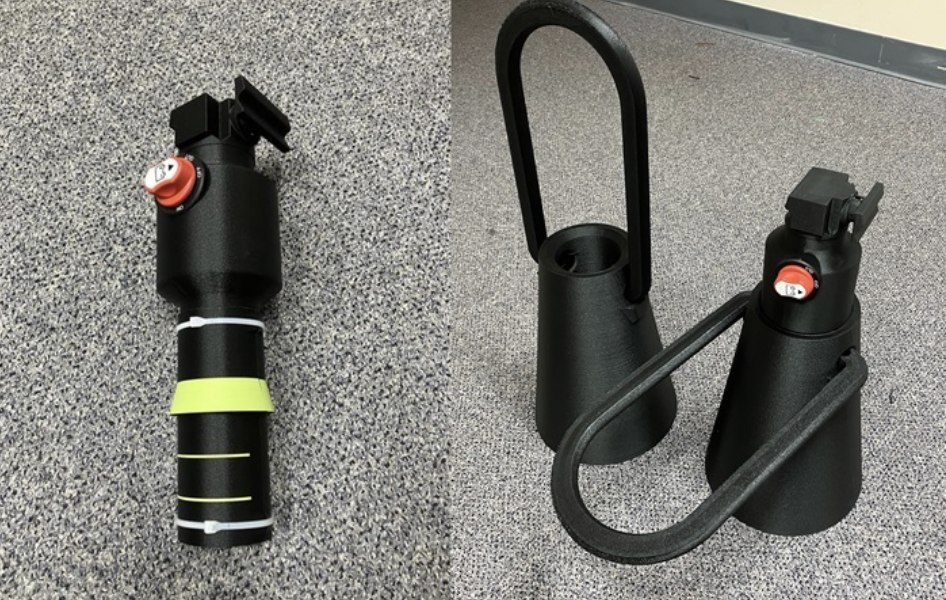Clarification: On Nov. 2, The Augusta Press reported on a civil case from Columbia County regarding election procedures. Superior Court Judge Currie M. Mingledorff II of the Piedmont Judicial Circuit presided in the case brought by Kristen Lovell of Evans. To clarify the story, Georgia state law already requires paper ballots to be available in voting precincts, and precincts are to have enough for at least 10 percent of voters in case of emergency.
The Augusta Press is pleased to offer this clarification and apologizes for any confusion it may have caused.
A judge denied a woman’s request to immediately halt the use of electronic voting machines in Columbia County.
Kristen Lovell of Evans has joined dozens of other who have filed suit against Secretary of State Brad Raffensperger over how Georgian voters cast ballots in elections. Lovell filed her Columbia County Superior Court lawsuit against Raffensperger and the Columbia County Board of Elections on Sept. 30.
Superior Court Judge Currie M. Mingledorff II of the Piedmont Judicial Circuit agreed to preside over the case late last month.
Tuesday, Nov. 1, Mingledorff conducted a status conference in Columbia County Superior Court. He declined to get into the merits of the case because Raffensperger has not been properly served with the lawsuit.
MORE: Voters to decide on other issues with Nov. 8 election
Lovell also filed a motion seeking a special private process server to serve the secretary of state because, she said, others who have filed suit have difficultly in getting the legal papers into Raffensperger’s possession.
Mingledorff said he wanted to ensure both sides have notice and the opportunity to adequately prepare the case.
Lovell contends the electronic voting machines, the software, and the certification testing labs are failing to ensure votes cast are accurately recorded, and that the only way to ensure safe vote counting is to return to paper ballots. Many of the claims she makes have previously been debunked in other lawsuits, including those filed by Trump and election deniers.
A representative of the attorney general said Tuesday that nothing could be more disruptive than changing the rules in the middle of an election as Lovell requests. The Georgia General Assembly passed legislation in 2019 requiring every county in Georgia to use new electronic voting machines. After every general election, every county must do an audit of a sampling of votes case, and that a certain percentage of it must be done by hand, the attorney general representative said. There are layers of security precautions taken before, during and after each election, and there are procedures in place to investigate any possible inaccurate tabulation of votes.
On behalf of the Columbia County Board of Elections, attorney Thomas Cathey said that about 22,000 people have already voted in the county, and going now to paper ballots would create chaos. The county doesn’t have enough manpower, time, or budget to train employees and to perform such a task.
MORE: Kemp and Abrams quarrel on policy in Georgia governor debate
Mingledorff denied Lovell’s request for an ex-parte immediate restraining order. He said he believes everyone’s rights will be protected until he can hear fully from all sides in the case and render a decision on the merits of the case.
Lovell’s lawsuit seeks Columbia County elections by paper ballots on the use of electronic voting machines and the use of taxpayer money to purchase the equipment, to stop electronic voter registration, a hand count of every election held in 2020, 2021 and 2022, and the appointment of a grand jury to investigate.
Much of the claims in Lovell’s suit echo the federal lawsuit Curling v. Raffensperger in U.S. District Court in Atlanta. Judge Amy Totenberg has rejected a halt to the use of electronic voting machines pending the disposition of the four-year-old case.
Sandy Hodson is a staff reporter covering courts for The Augusta Press. Reach her at sandy@theaugustapress.com.








